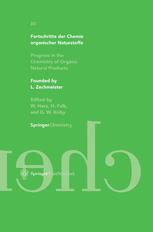

Most ebook files are in PDF format, so you can easily read them using various software such as Foxit Reader or directly on the Google Chrome browser.
Some ebook files are released by publishers in other formats such as .awz, .mobi, .epub, .fb2, etc. You may need to install specific software to read these formats on mobile/PC, such as Calibre.
Please read the tutorial at this link: https://ebookbell.com/faq
We offer FREE conversion to the popular formats you request; however, this may take some time. Therefore, right after payment, please email us, and we will try to provide the service as quickly as possible.
For some exceptional file formats or broken links (if any), please refrain from opening any disputes. Instead, email us first, and we will try to assist within a maximum of 6 hours.
EbookBell Team

5.0
20 reviewsThis book provides an overview of interfaces to social information spaces, illustrated by several contemporary systems including Usenet News and CoWebs. Beginning with a general outline of those systems and a history of Usenet News, it looks at the problems of exploring virtual communities and distributed information systems, and of finding information in electronic environments. It outlines the successes and failures of traditional approaches like information filtering, collaborative filtering and information retrieval, and assesses new approaches such as visualisations of social processes and social navigation.
Among the key questions covered are:
- What aspects of an online group are important to its participants?
- How can the specific characteristics of a social information space be used to improve the design of the interface?
From Usenet to CoWebs will be essential reading for practitioners working on information spaces, conferencing systems, virtual communities and innovative interfaces to information spaces. It will also provide useful background reading for anyone studying or researching in these areas.